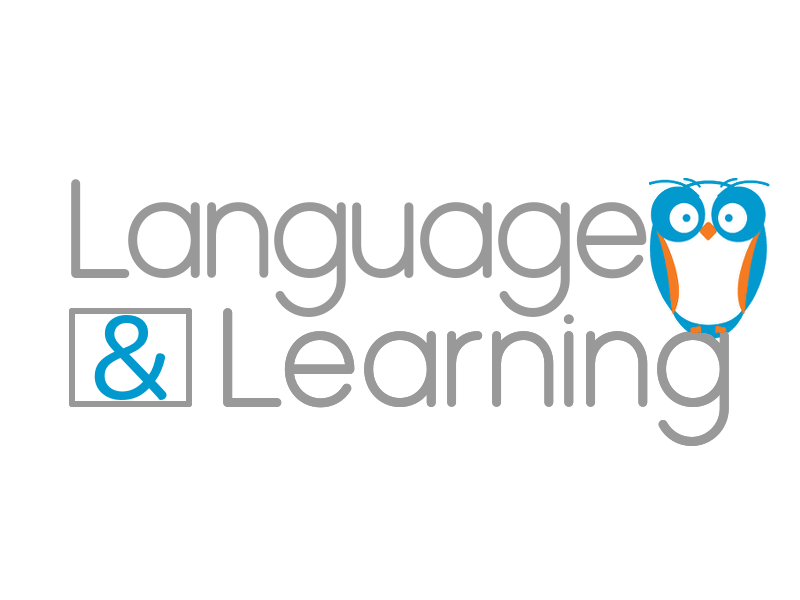Academic Therapy & Executive Functioning Therapy
At Language & Learning, we take a different approach to academic work than many other tutoring enterprises. Our therapists are experienced with implementing various learning principles, innovative strategies, and interactive teaching methods to help students learn more effectively and apply the skills gained beyond the therapy room.
In addition to aiding completion of academic assignments, our team has extensive experience supporting students with different learning needs, and are resultantly skilled at not only reinforcing the curriculum, but also teaching skills and strategies to help improve academic performance. We use interactive, multimodal approaches to engage students in the learning process so that they not only better understand the curriculum and assignment addressed in the session, but also perform at a higher level when working independently. We are trained and experienced in implementing programmatic and alternative approaches. This includes innovative, diverse methods for improving understanding of math and literacy concepts, various programmatic approaches selected for each student based on their individual needs, and experience developing executive functioning skills, particularly as they pertain to academic performance.
Many people are uncertain as to whether speech-language therapy (including academic therapy and executive functioning therapy) or academic tutoring is the appropriate choice for them. We believe that while both are important and effective services, each person’s profile and needs will dictate which may be best for them. In general, while therapy and tutoring may both incorporate academic assignments, tutoring typically differs from therapy in terms of goals and overall approaches. An academic tutor’s primary goal is to support the student in performing academically, typically through more effective learning of the curriculum and completion of academic work. In contrast, a speech-language pathologist identifies areas of communicative and/or executive functioning weakness that are underlying academic, social, or professional difficulties, develops goals to target these weaknesses, and implements activities (which involve academic work, if appropriate) as a method for targeting these goals. To delve further into this topic, visit our blog post addressing how to make the decision between therapy and tutoring.
